By Fernando Muñoz Dominguez

Photo credit: Naja Bertolt Jensen
For more than a century, plastics have facilitated considerable advancements in modern society in a wide range of fields including electronics, aerospace, construction, food packaging, and sports. These advances have come at a high price, however, as plastics have been detrimental to human health, the economy, and the environment.
Continue reading “Human Rights: The Pending Issue in the Upcoming Global Plastics Treaty”




